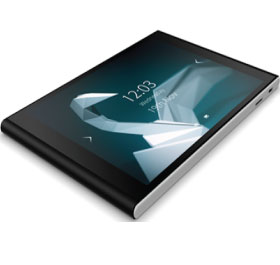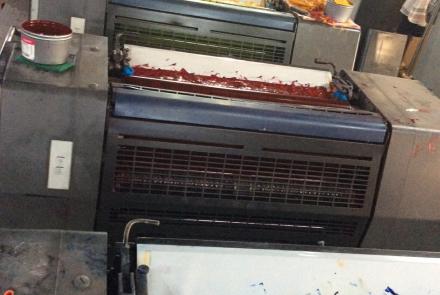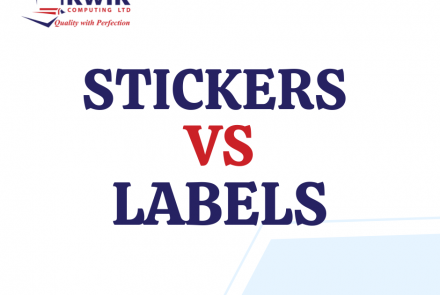Jolla Tablet nets more than $800,000 on Indiegogo
Jolla, the Finnish startup formed by former Nokia employees, has already crowdfunded more than $800,000 for its first tablet running its Sailfish mobile operating system.
Jolla wanted to raise $380,000 for its first tablet in three weeks, but at the time of this writing, the company had successfully raised more than $839,000 on Indiegogo in less than 24 hours.
From a specs perspective, the Jolla Tablet has the potential to be quite nice. It has a 64-bit Intel quad-core processor, 2GB of RAM, 32GB of internal memory (that can be expanded via microSD) and a 7.85-inch display with a resolution of 2048x1536.
Jolla plans to sell the Jolla Tablet for $249, but Indiegogo backers can get it for less. At the time of this writing, backers can get the device for $204.
It also features a 5-megapixel rear camera, 2-megapixel front-facing camera and a 4300mAh battery. It's Wi-Fi only with no cellular option.
Although the Sailfish OS that the Jolla Tablet runs on has its own native APIs and SDKS, it runs Android apps too.
Spawn of MeeGo
The origins of Jolla — and its Sailfish operating system — largely go back to Nokia. In 2010, Nokia merged its Maemo operating system with a project from Intel called Moblin. The new project, dubbed MeeGo, was supposed to be the successor to Nokia's Symbian operating system.
In 2011, Nokia abruptly dropped its plans for making MeeGo, its mobile operating system, and instead decided to focus on Microsoft's Windows Phone operating system.
That October, many members of the MeeGo team left Nokia to form their own startup, Jolla, using ideas and some of the open-source software from the MeeGo project.
Over the last three years, Jolla and Sailfish have evolved into a company that offers a distinct user interface from Android and iOS.
Reviews for the first Sailfish-based smartphone were positive, with reviewers responding strongly to the various UI and UX refinements and the way the operating system works and interacts.
On Jolla's website, you can get an idea of how these interactions work and what is possible.
Indie success
A few years ago at Mobile World Congress, I reported on some of the various companies fighting for "fifth place" in the mobile operating system wars. I thought then, as I do now, that some of the ideas coming out of Ubuntu, Jolla, Tizen and Firefox are amongst the most interesting things happening in mobile.
The hard part, however, is gaining any sort of mindshare. This is an area where I have always respected Jolla's approach. Unlike Ubuntu or Firefox — which have hoped to leverage their branding in other areas to extend to the smartphone (primarily in emerging markets) — or Samsung with Tizen, which has struggled to feed its indie OS without having conflicts with its partners at Google, Jolla has always had ambitions that feel within reach.
And frankly, that's why I'm not surprised that of those various solutions, only Jolla and Firefox have managed to ship devices to the public.
Jolla doesn't strike me as the type of company that wants to displace Google or Android, instead it's a company that wants to offer a real alternative to the discerning user.
- Log in to post comments






